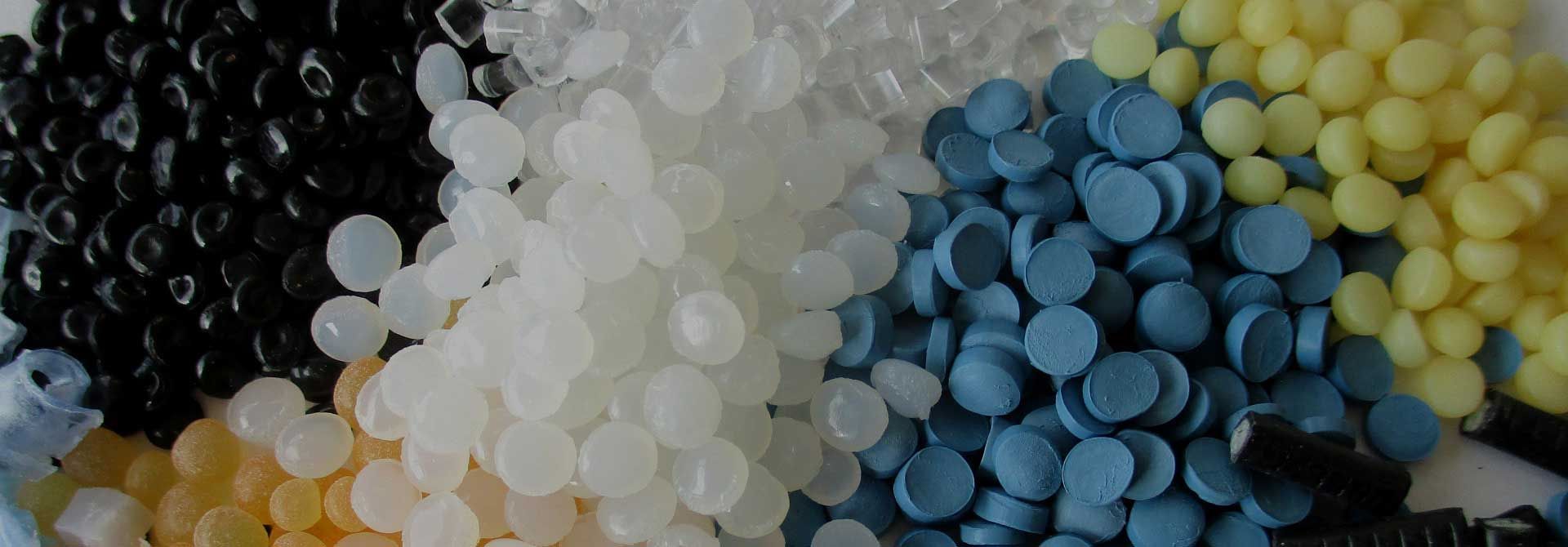

Polymers are very easy to use and have been used in all sectors of industry and in our daily lives, such as the automotive industry and plastic bottles. However, polymers are complex materials and their range varies from standard plastics to sophisticated formulations: transparent polymer granules that release odours or resist impact. NEU-JKF Process is active in the polymer industry and offers pneumatic conveying systems for all production capacities.
As needs change, so does the plastics industry. New units or revamping, plant sites have different configurations with throughputs from a few kilograms to hundreds of tons, with plastic granules always having the same size or powders always having the same bulk density, respect for the specificities of the product and indispensable quality control, these are some of the challenges of the polymer industry.
There is a NEU-JKF Process installation on every continent in the world: North and South America, Asia, Middle East, Near East, Central and Western Europe, Eastern Europe, Africa. The number of NEU-JKF Process installations around the world contributes to the knowledge and expertise of NEU-JKF Process in this field. The world's largest plastics producers, engineers and licencors recognise the know-how of NEU-JKF Process.
- From dilute phase to low velocity dense phase, suction or blowing lines, dune phase….
- Closed loop air or inert gas pressurized system
- Internal treatment of pipes to prevent angle hair generation
- Pellet cleaning systems to eliminate fines production
- Homogenization, degassing and silo conditioning, control of temperature and humidity of stored products
- Storage of product in silos, loading and discharge of truck, rail car and sea bulk containers.
- Proven process components: rotary valves, diverter valves. Standard configuration or special features like heat tracing, thermal insulation. Tested in-house before site delivery.
NEU-JKF Process carries out full-scale tests for its customers in its test station. These tests have made it possible to build up a database containing thousands of test campaigns. The tests carried out on NEUSTRAC make it possible to analyse the behaviour of a product or a mixture of products during pneumatic transport in order to define the most suitable transport method (transport phase, speeds, load rate, etc.) and to limit the energy consumption as well as product attrition. These tests make it possible to determine the conveying parameters that will be injected into the calculation models to accurately size the installation. The test loops are fully automated, they are modular and can be easily transformed to meet specific needs.
For decades, bulk processes for the polymer industry have benefited from this experience. NEU-JKF Process plants have conveyed PE (HDPE, LDPE, LLDPE), PP, PS, PA, PTA, EVA and many other products in powder, pellet, flake and pellet form.......
New units are sometimes very large. NEU-JKF Process installations can handle these new configurations. Tonnage, length of the circuits... everything is studied and designed using our internal software which sizes the most appropriate installation.
NEU-JKF Process plants combine state-of-the-art technology with the latest equipment.
With its experience in all pneumatic conveying techniques NEU-JKF Process is able to specify the most suitable transfer system for each particular configuration and process requirements. NEU-JKF Process designs reliable and autonomous pneumatic conveying systems.
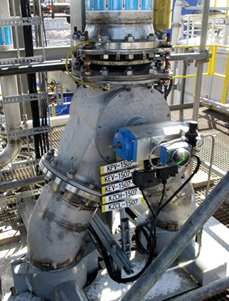 |
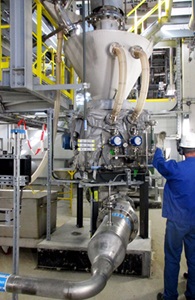 |
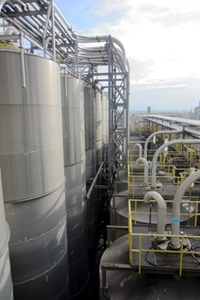 |
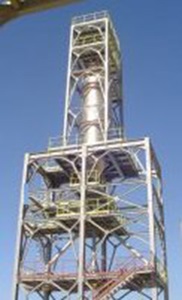 |
| Diverter valve for pellets conveying |
Rotary valve fully insulated |
Dilute phase pneumatic conveying |
Granule cleaner |
Two different polyethylene producers, two different processes, two different engineering companies, and two different transfer technologies: dilute phase and dense phase. But a single supplier, NEU-JKF Process for powder and pellets transfer. The challenge was to design high capacity pneumatic conveyors up to 70 t/h, over long transport distances up to 300 m, of which 50 m vertical, and to ensure a low fines content (below 50 ppm) in the granules transferred to the bagging and bulk loading silos. For one of the units, the dilute phase was preferred: with this technology, the pellets "fly" at conventional speeds inside the transport pipe. For the other unit, low velocity dense phase technology was preferred: here the pellets move slowly through the conveying pipe. This slow movement means less attrition of the product i.e. less production of fines.
PA de la Houssoye - rue Ampère
59930 La Chapelle d'Armentières
France